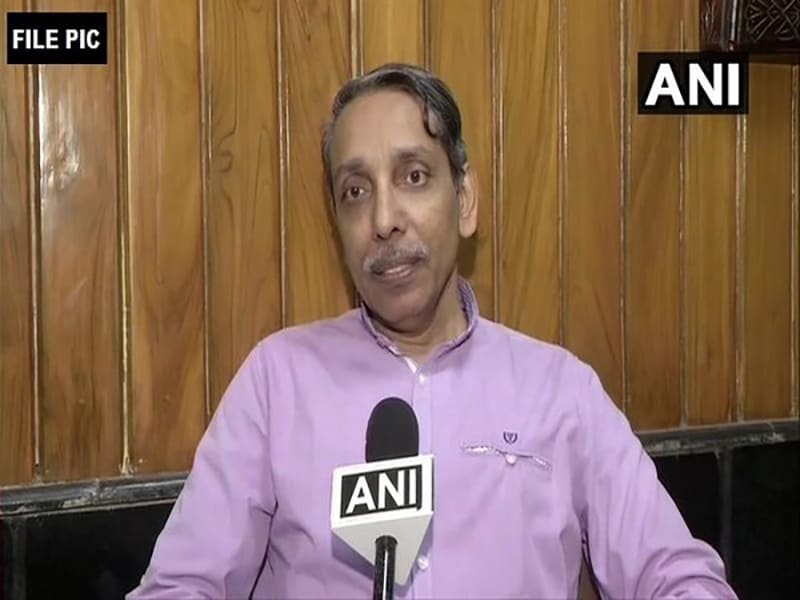New Delhi: JNU Vice-Chancellor M Jagadesh Kumar on Friday appealed to the agitating students to stop their protests.
“The administration has taken an extremely grim view of this condemnable and reprehensible behavior of the agitating students and their mentors. Let us all appeal to the agitating students, once again, to stop their protests, which have been hampering studies of thousands of students on the campus who are preparing for their end-semester examinations and trying to write their term papers,” read a statement by Kumar.
JNU students have been protesting against fee hike and the draft hostel manual, approved by the Inter-Hall Administration (IHA), which includes provisions on dress code and curfew timings.
The varsity administration has partially fulfilled their demands.
Kumar said that despite concessions given by the EC, students on strike have continued to press their demand for the complete withdrawal of the hostel manual.
“Some of them have turned violent causing intimidation and physical insecurity to some JNU teachers and officials on the campus. Even lady guards are not spared. Such persistent protests involving occupation of the Administration Building, defacing of walls and floors and indulging in brawls with security guards and breaking open doors have maligned the image of JNU seriously,” read his statement.
Kumar said that the agitating students have “repeatedly broken laws, indulged in violating court orders, surrounded the houses of faculty members, harassed and tormented them and their family members”.
“On 13th November, these students entered the Administration Building and vandalized badly the offices of the Vice-Chancellor and other officials. This vandalism of government property is going to cost lakhs of rupees in repair,” read Kumar’s statement.
The Vice-Chancellor also said that the changes in hostel charges were not only reasonable but vital for the “financial viability” of hostels.
He added said that the JNU administration would always like to engage in dialogue and discussion, but the process and form of any such interaction cannot be dictated through “coercion” and “illegal” methods.

